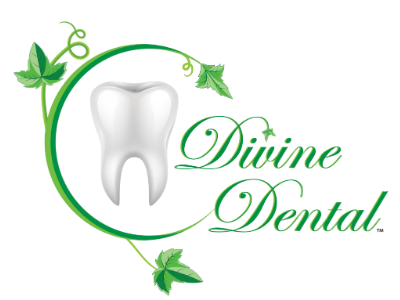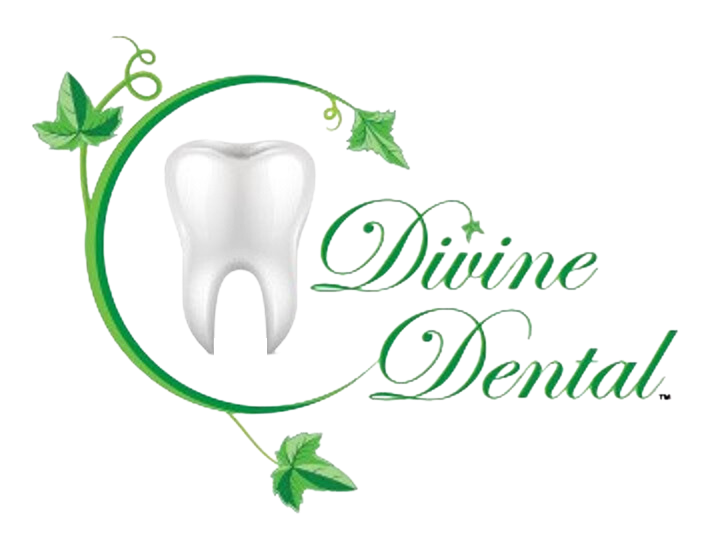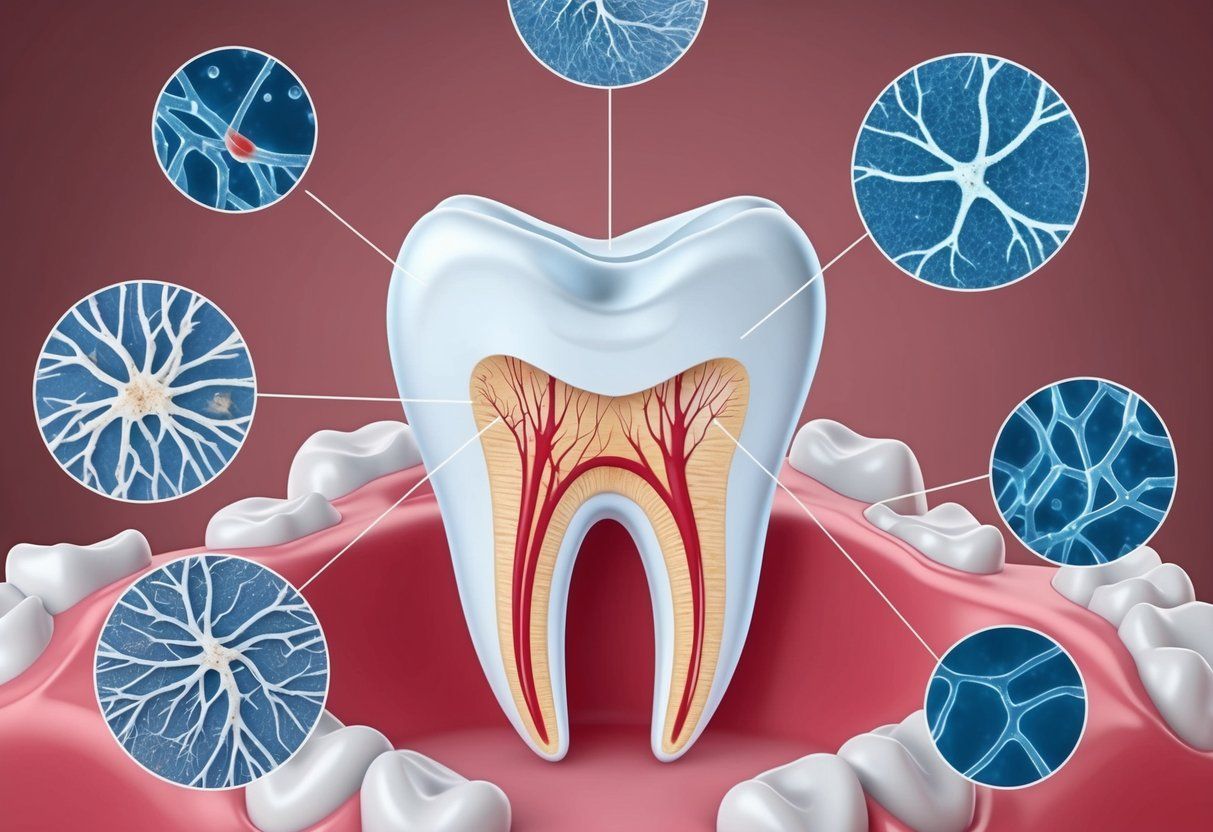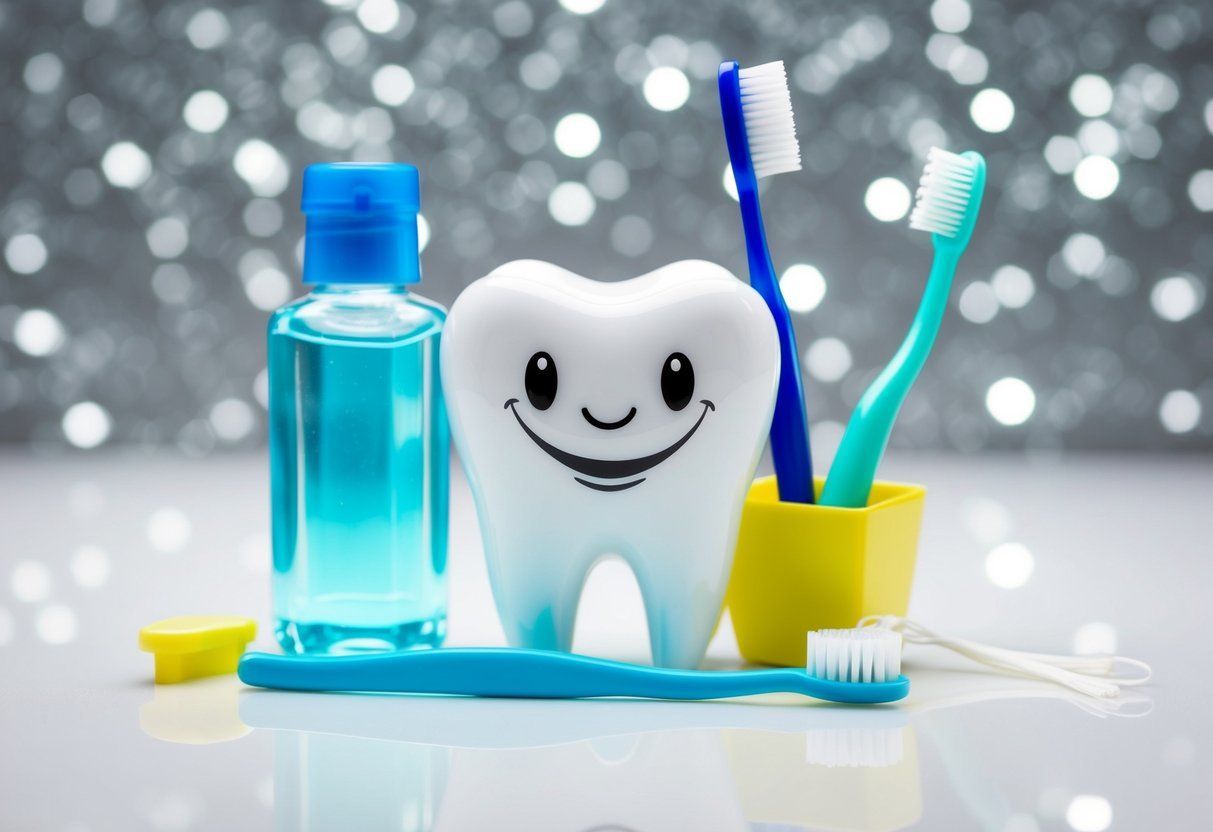The Dos And Don'ts Of Oral Hygiene: Common Mistakes To Avoid
Maintaining good oral hygiene is crucial for overall oral health. Poor oral hygiene practices can lead to a variety of issues such as tooth decay, gum disease, and bad breath. It is essential to develop and maintain a proper oral hygiene routine to prevent these problems.
Neglecting oral hygiene can result in tooth decay, which occurs when the food particles and oral bacteria in the mouth produce acids that erode the tooth enamel. This can lead to cavities and tooth sensitivity. Furthermore, gum disease can develop when plaque, a sticky film of bacteria, builds up along the gumline, causing inflammation and infection. If left untreated, gum disease can progress to periodontitis, causing gum recession and eventually tooth loss.
Do's of Oral Hygiene
Maintaining proper oral hygiene is essential for keeping your teeth and gums healthy. Here are some important do's to follow to maintain good oral hygiene:
- Brush your teeth at least twice a day: Use fluoride toothpaste and brush for a full two minutes. Brushing removes plaque and food particles, preventing tooth decay and gum disease.
- Use a proper brushing technique: Brush in a circular motion, gently covering all surfaces of your teeth. Avoid scrubbing too hard, as it can damage your tooth enamel and irritate your gums.
- Use a soft-bristled toothbrush: Soft bristles clean effectively without causing damage to your gums or tooth enamel. Replace your toothbrush every three to four months or sooner if the bristles become worn.
- Floss daily: Flossing helps remove plaque and food particles from between your teeth and along the gumline, where a toothbrush cannot reach. Use a gentle back-and-forth motion and curve the floss around each tooth.
- Consider using an electric toothbrush: Electric toothbrushes can provide a more efficient cleaning experience by vibrating or rotating to remove plaque effectively. They can be particularly beneficial for those with limited dexterity.
- Use a water flosser: Water flossers use a steady stream of water to remove plaque and debris from between teeth and along the gumline. They can be helpful for individuals who find traditional flossing challenging.

Maintaining good oral hygiene is crucial for overall oral health. Poor oral hygiene practices can lead to a variety of issues such as tooth decay, gum disease, and bad breath. It is essential to develop and maintain a proper oral hygiene routine to prevent these problems.
Neglecting oral hygiene can result in tooth decay, which occurs when the food particles and oral bacteria in the mouth produce acids that erode the tooth enamel. This can lead to cavities and tooth sensitivity. Furthermore, gum disease can develop when plaque, a sticky film of bacteria, builds up along the gumline, causing inflammation and infection. If left untreated, gum disease can progress to periodontitis, causing gum recession and eventually tooth loss.
Do's of Oral Hygiene
Maintaining proper oral hygiene is essential for keeping your teeth and gums healthy. Here are some important do's to follow to maintain good oral hygiene:
- Brush your teeth at least twice a day: Use fluoride toothpaste and brush for a full two minutes. Brushing removes plaque and food particles, preventing tooth decay and gum disease.
- Use a proper brushing technique: Brush in a circular motion, gently covering all surfaces of your teeth. Avoid scrubbing too hard, as it can damage your tooth enamel and irritate your gums.
- Use a soft-bristled toothbrush: Soft bristles clean effectively without causing damage to your gums or tooth enamel. Replace your toothbrush every three to four months or sooner if the bristles become worn.
- Floss daily: Flossing helps remove plaque and food particles from between your teeth and along the gumline, where a toothbrush cannot reach. Use a gentle back-and-forth motion and curve the floss around each tooth.
- Consider using an electric toothbrush: Electric toothbrushes can provide a more efficient cleaning experience by vibrating or rotating to remove plaque effectively. They can be particularly beneficial for those with limited dexterity.
- Use a water flosser: Water flossers use a steady stream of water to remove plaque and debris from between teeth and along the gumline. They can be helpful for individuals who find traditional flossing challenging.

Conclusion
In conclusion, maintaining good oral hygiene practices is crucial for preventing tooth decay, gum disease, and bad breath. Remember to brush your teeth at least twice a day using fluoride toothpaste, and don't forget to floss daily to remove plaque and food particles. Use a gentle circular motion when brushing to avoid damaging your tooth enamel and gums. Cleaning your tongue also helps eliminate bacteria that can cause bad breath.
Additionally, it's important not to neglect regular dental check-ups as they play a vital role in maintaining oral health and catching any issues early on. By implementing these do's and avoiding the mentioned don'ts, you can keep your teeth and gums healthy and maintain a confident and beautiful smile. Take charge of your oral hygiene routine and prioritize your dental health on a regular basis.




